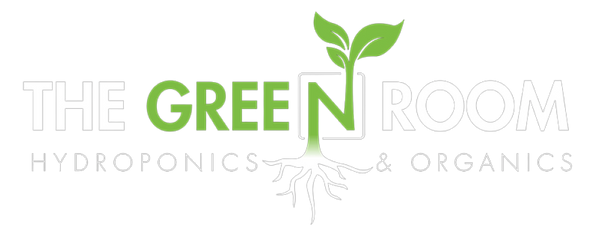Description
Benefits:
* Promotes a dynamic, beneficial substrate/rhizosphere microflora
* Promotes root health through ecological competition, mycoparasitism, antibiosis and inducing local and systemic plant defense responses
* Increases root mass and health – larger, healthier roots = better yields
* Reverses root oxidation/damage
* Improves nutrient uptake
Key Points:
Synergy Coir, 275 grams, with a recommended retail price of $85.00, treats 2750 litres with a cfu count of 20 million (20 x 106) cfu per litre of nutrient solution when applied at the recommended dosage rate of two scoops per 100 litres
Synergy Coir contains 4 species of Trichoderma (harzianum, viride, koningii. reesei)
These 4 species work in synergy to create a hostile environment for root zone pathogens
Trichoderma species are considered by many experts in the field of agriculture and microbiology to be the “superhero (super fungus) against evil parasites”
Trichoderma species are ideally suited to coir. Several studies have shown that coir is an ideal substrate for the mass production of Trichoderma
High numbers (expressed through colony forming units/cfu) and efficient colonization of a beneficial bacteria and/or fungi species is critical in root disease prevention/suppression. Numerous studies have demonstrated that Trichoderma rapidly multiplies and colonises organic substrates such as coir
Trichoderma coil around pathogenic fungi, release enzymes to break down the cells and consume its prey
Trichoderma release chitinase enzymes that break down chitin—the primary material that makes up the cell walls of pathogens
In fact, when a large population of pathogenic fungi exists in the soil or substrate, Trichoderma increase chitinase production and feed almost exclusively on the pathogens.
Trichoderma also release another enzyme that is highly beneficial in root disease prevention: cellulase. Cellulase can penetrate root cells. When the cellulase penetrate the root cells, they automatically trigger the plant’s natural defense system. The plant’s metabolism is stimulated, but no harm is caused to the plant
When a plants defence system is switched on a cascade of events occurs and protection against other fungal parasites (e.g. botrytis, powdery mildew) has been observed in the leaves, stem and flowers of the plant due to Trichoderma’s ability to stimulate the plant immune system
Trichoderma: Rhizosphere Competent ‘Bennies’ for Coir
Rhizosphere competence is the ability of a microorganism to *colonize and grow in association with plant roots. This is possibly the most important factor in considering the potential of any given isolate for biological control of root diseases because it is a measure of the ability of an isolate to survive in an environment.
Synergy Coir contains carefully selected Trichoderma species (sp.). Trichoderma sp. have been shown in numerous studies to improve resistance of plants against disease by acting as direct competition for ecological niches against pathogens, changing plant cell wall compounds, increasing enzyme activities, and/or production of pathogenesis-related proteins.
Trichoderma species are considered by many to be the superhero (super fungus) against evil parasites.[1] They are highly adept assassins of pathogens. Trichoderma sp. are shown in numerous studies to colonize extremely efficiently in coir. In fact, coir is shown in several studies to be the ideal substrate for the mass production/multiplication of Trichoderma species. In simple terms, Trichoderma sp. thrive in coir, creating a prolific, dynamic, beneficial microflora that acts to prevent root disease. Read Research about Trichoderma in coir here, here, and here
“Colonization” is the process in biology by which a species successfully multiplies and spreads to new areas. Root colonization is defined as the proliferation of microorganisms in, on, or around roots. It includes dispersal of microorganisms from a source of inoculum to the actively growing root, and multiplication or growth in the rhizosphere.







